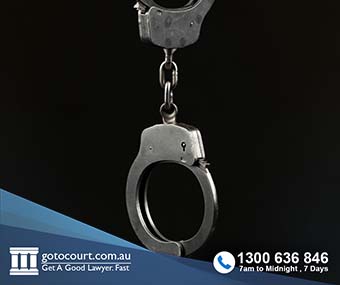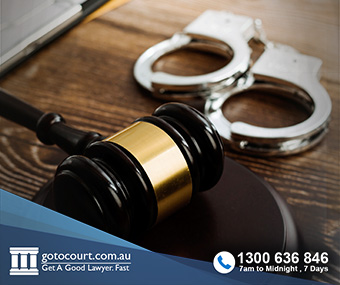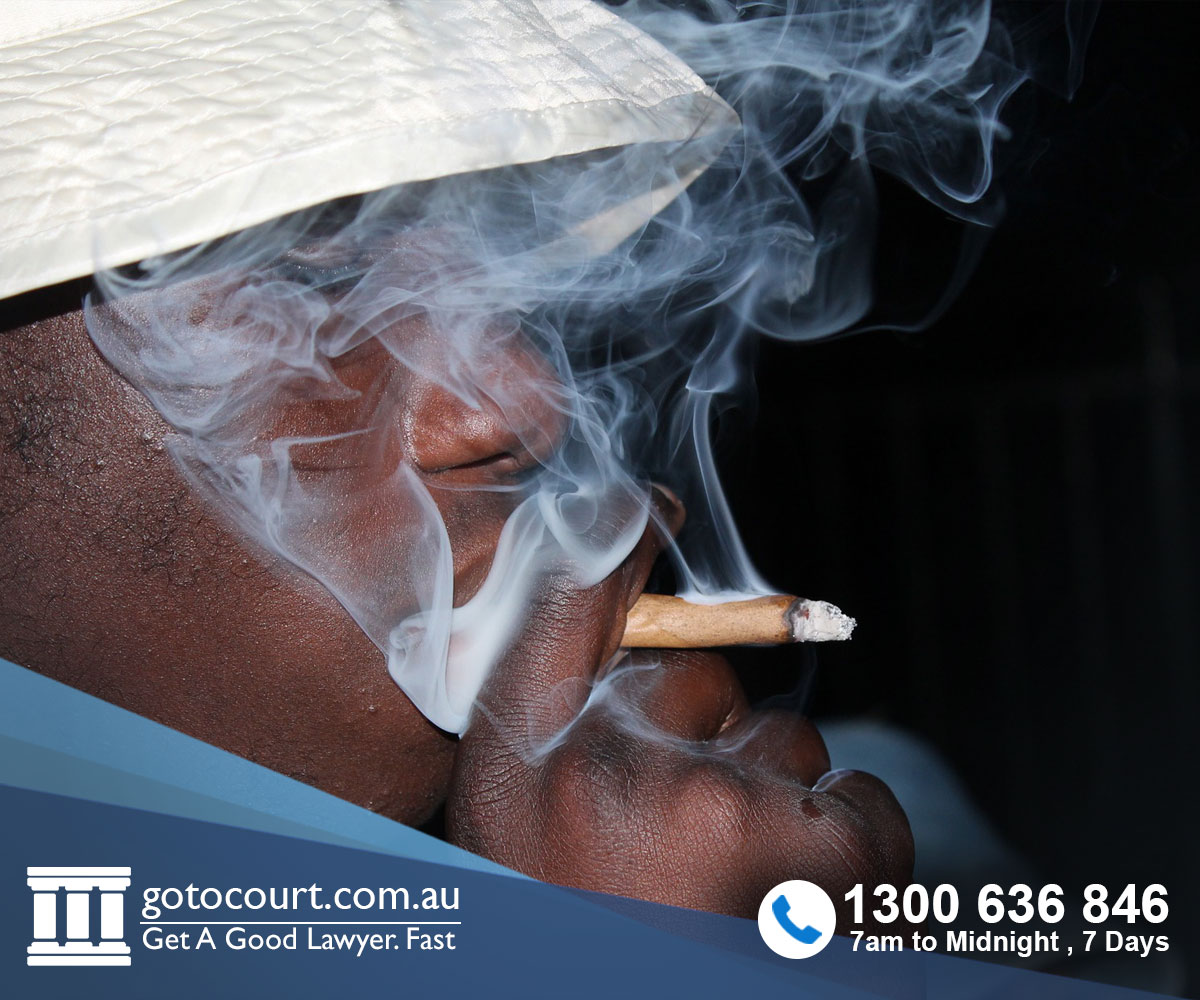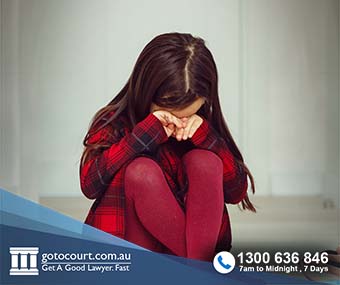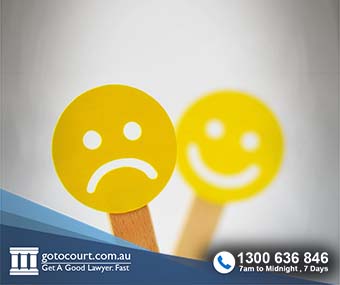Spent Convictions in Western Australia
Sometimes, when a person is found guilty of an offence, the court will enter a ‘spent conviction’ rather than recording a conviction in the usual way. The effect of a spent conviction is the same as having no conviction recorded. It means the disclosure requirements for the conviction are limited so the matter will have less of an impact on the offender’s employment and other aspects of their life. This article deals with spent convictions in WA.
What are the advantages of a spent conviction?
National Police Certificates do not list spent convictions, which means that any convictions that are spent will not interfere with an applications for a visa or with some employment searches. A person who has a spent conviction can answer ‘no’ when asked if they have any criminal convictions. It is important to note, though, that certain government departments, the police and the courts have access to information relating to spent convictions if they have an exemption under the Spent Convictions Act 1988.
How do you apply?
The most common and the easiest way to obtain a spent conviction is to ask the court for one at the time of sentencing. To ensure you are successful it is important that you provide adequate reasons for the court to make this declaration.
Another way to seek a spent conviction is when requesting a National Police Certificate to request that the WA Police spend any eligible convictions that occurred in Western Australia. You can also fill out a separate spent convictions application form to have any of your offences assessed. These applications are normally assessed in 15 working days.
Which convictions can be spent?
A magistrate or judge can record a spent conviction for any criminal or traffic matter if they deem the circumstances warrant such action.
The WA police can only spend a lesser conviction that is heard in the WA court. A lesser conviction is a fine of $15,000 or less, or a term of imprisonment that has not exceeded 12 months. The offence must also have occurred more than 10 years ago, with no other new offences in the last 10 years or no new ones which have incurred a fine greater than $500.
Other convictions known as serious convictions can only be spent by a Judge in the District Court. A serious conviction is one in which the fine was greater than $15,000, or the term of imprisonment was longer than 12 months.
Convictions for offences for which the penalty was life imprisonment cannot be spent.
What does having a spent conviction mean?
If the court declared your conviction spent, or if the police have declared a previous conviction spent for the purpose of your National Police Certificate, then you no longer have to disclose any details about that offence. This means that if you are applying for a job or a visa and you are asked to list any criminal or traffic convictions, you do not have to include the ones that have been spent. This also applies to any requirement in another Act or statutory instrument that may refer to a conviction.
This may also apply to any character references that may be submitted for a particular offence. For example, stealing is a crime of dishonesty, but if you have a spent conviction for stealing you will not have to disclose this, and therefore the character inferences cannot be made.
What are the exemptions?
There are occasions when a person is required to disclose a spent conviction. This occurs when particular persons or bodies are exempted from the spent conviction regime. The police and the courts are exempt and some government departments are also exempt. Therefore, if you are applying for a job with one of these exempt agencies, you will need to disclose any spent convictions. These situations include applying to work for the police, in a prison, for a casino, with corrective services, or to work with children. You will also have to disclose spent convictions if applying for a firearms licence.
If you require legal advice or representation in any legal matter, please contact Go To Court Lawyers.


